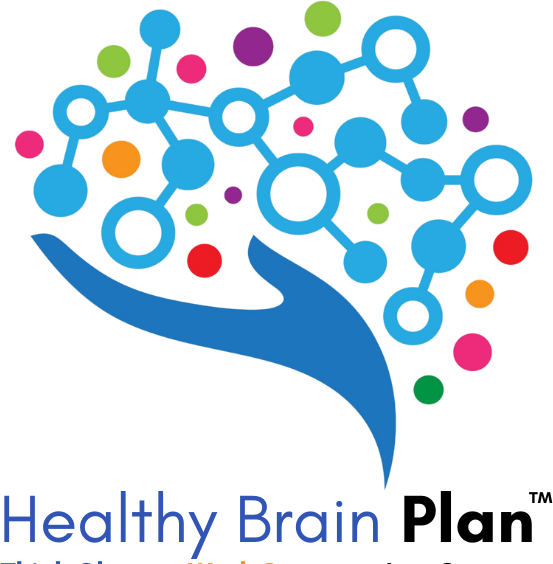A short aerobic exercise program improved cognitive function and heart health in inactive middle-aged and older adults, but did not significantly change brain age or sleep quality.
Published In: Life, a peer-reviewed journal of scientific studies
Date: July 2024
Authors: Ouyang et al.
Link to Study: https://doi.org/10.3390/life14070855
Summary
This pilot clinical trial explored whether 12 weeks of moderate aerobic exercise could improve brain health in adults aged 50 – 75. Participants who were previously inactive showed notable gains in cognitive performance and cardiovascular fitness. However, the intervention did not significantly alter brain age or sleep patterns, as measured by specialized EEG and sleep studies. Despite these mixed results, the exercise program was associated with beneficial changes in immune markers linked to brain health.
Key Takeaways
✅ Cognitive performance, especially processing speed and language skills, improved after 12 weeks of exercise.
✅ Participants had better aerobic fitness and lower resting and sleeping heart rates.
✅ Anti-inflammatory markers (IL-4 and IL-13) increased, while pro-inflammatory IL-8 decreased.
✅ The brain age index may still be a promising long-term biomarker, but wasn’t sensitive to short-term changes in this study.
Why It Matters for You
Just 150 minutes of weekly moderate exercise – like brisk walking – can help boost brain function and heart health, even if it doesn’t immediately affect sleep or brain age. Staying active supports cognitive sharpness and a healthier immune profile as we age.
Citation
Ouyang, A., Zhang, C., Adra, N., Tesh, R. A., Sun, H., Lei, D., et al. (2024). Effects of aerobic exercise on brain age and health in middle-aged and older adults: A single-arm pilot clinical trial. Life, 14(855). https://doi.org/10.3390/life14070855
